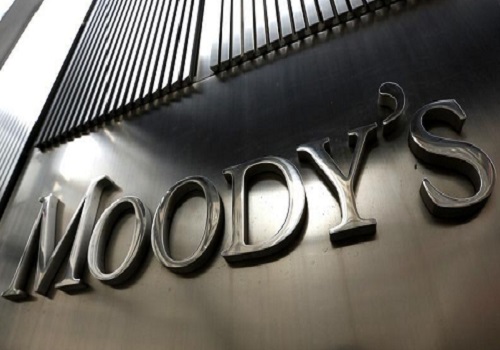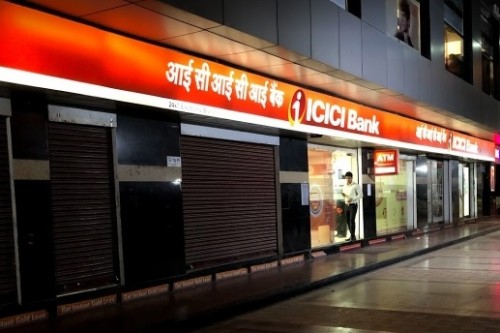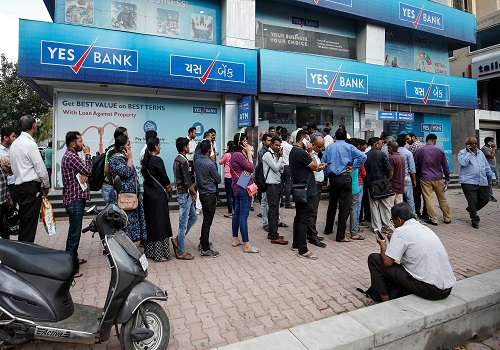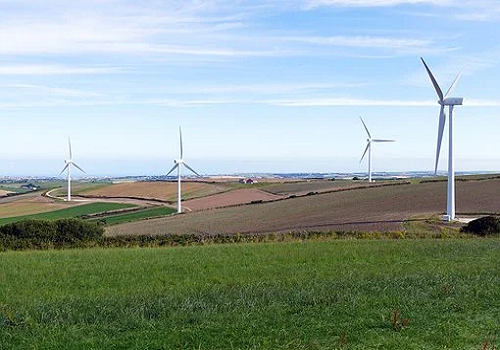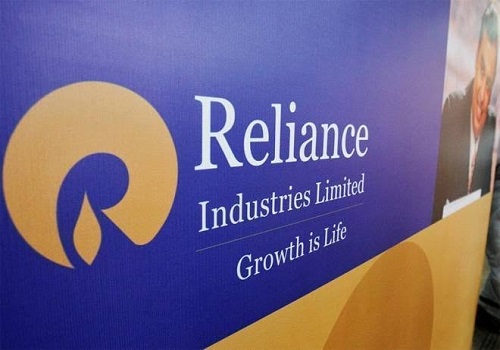India`s Yes Bank charts growth roadmap after $1 billion capital raising
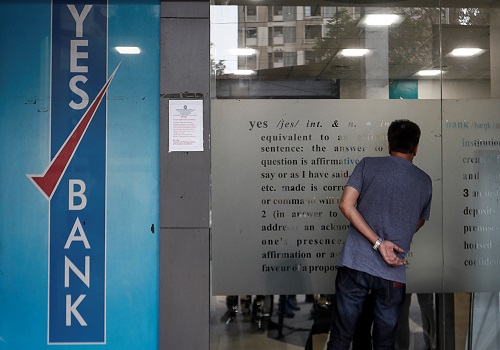
Follow us Now on Telegram ! Get daily 10 - 12 important updates on Business, Finance and Investment. Join our Telegram Channel
Two years after India's central bank had to step in to take control of Yes Bank to calm panicky depositors and stem systemic risk, the lender is aiming to expand its loan book and acquire smaller rivals to revive its business, its chief executive said.
The expansion plan of the mid-sized lender comes after it raised $1.1 billion last week by selling up to a 10% stake to Carlyle Group and Advent International.
The fundraising marked a rare vote of confidence in Yes Bank, which had to be taken over by the central bank in March 2020 after months of deterioration in its financials and allegations of mismanagement.
The bank also managed to raise the capital, its first since July 2020, at a time when the outlook for the banking sector in many overseas markets has dimmed due to slowing economic growth, which is expected to weigh on asset quality and loan demand.
Yes Bank is looking to increase its loan book by 15% in the fiscal year ending March 2023 as it sharpens its focus on mortgages, vehicle loans and small and mid-sized business loans, said CEO Prashant Kumar.
Its loan book expanded 8% in the last fiscal year, slightly lower than the 9.6% growth posted by the Indian banking sector, after having contracted in the preceding two years.
"We will definitely be growing (the loan book) more than what the industry is, but we would not like to make any mistake," Kumar told Reuters, alluding to the bank's previous rapid credit expansion that was blamed for its woes.
The bank may also look at acquisitions, tapping into the fresh capital raised.
"We may also explore opportunities in microfinance, as that is an area we are not present yet and it will take time to build it internally so it may make sense to acquire instead," said Kumar, who took over the reins in March 2020.
The capital raised will improve the bank's common equity Tier-1 capital ratio, a key gauge of financial strength, to 15.7% from 11.9% currently, and the bank would not need to raise more capital for at least three to four years, he said.
LONG ROAD AHEAD
Set up in 2004, Yes Bank was the country's fifth-largest lender up until early 2020, after which it lurched from one crisis to another, including the arrest of its founder amid allegations of governance lapses.
Its gross bad loans as a percentage of total lending had risen to 18.87% as of December 2019, from 2.1% a year earlier. At the end of June 2022, the ratio was 13.9%.
Other state-owned banks and private lenders had to step in 2020 to rescue the bank.
Yes Bank's stock has risen over 22% so far this year, after having fallen 23% last year and 62% in 2020.
Despite the moderate improvement in its financials in the last few quarters, some analysts said it would take several years before the bank would be able to show meaningful growth and stabilisation of its key financial ratios.
In fiscal 2022, the bank reported a profit of 10.66 billion Indian rupees ($134 million) compared to a loss of 34.62 billion rupees the previous year. Kumar is confident that its stabilising capital position will lead to an improved rating of the bank, which in turn will bring in more business and aid profitability.
However, analysts and investors remain sceptical.
"Even if the Yes Bank turnaround works, it'll take at least six to seven years," said a fund manager, whose portfolio currently does not hold the bank's stock and who declined to be identified as he was not authorised to speak to the media.
"I don't think the latest developments will excite investors."












 320-x-100_uti_gold.jpg" alt="Advertisement">
320-x-100_uti_gold.jpg" alt="Advertisement">

